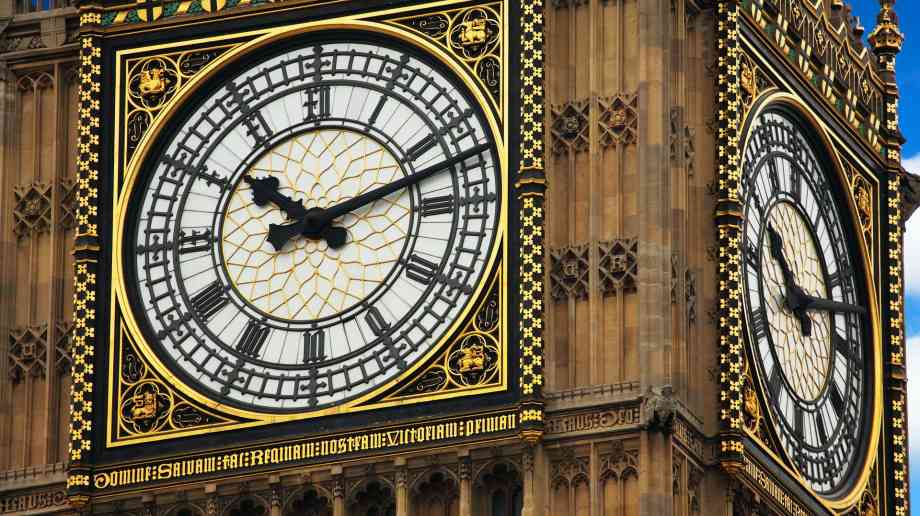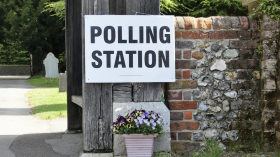Sue Robb of 4Children talks to Julie Laughton and Alison Britton from the Department for Education about the role of childminders in delivering the 30 hours free entitlement.
Further calls for electoral reform a priority after the election

Just before the General Election, the Electoral Reform Society wrote to the main parties in Britain calling for them to make proportional representation a number one priority in any cross-party talks or in government.
Now that votes have been counted and Boris Johnson has returned to 10 Downing Street with a larger majority, much-needed in his bid to deliver Brexit, the figures continue to make interesting reading and suggest that electoral reform could be needed.
The now former leader of the Liberal Democrats, Jo Swinson, said before the 12 December vote that her party ‘will remain committed to proportional representation [STV] and wider political reform, whatever the result of this election’. The result, which has led her to lose her seat and her leadership, has seen the Liberal Democrats win 11 seats, representing 1.7 per cent of those available. This is despite the party gaining 11.5 per cent of votes across the country.
Jonathan Bartley and Sian Berry, co-leaders of the Green Party, recently wrote to the ERS saying that the Green Party manifesto commits Green MPs to introducing a Voting Reform Bill to replace the First Past the Post system for all levels of government with a fair and proportional voting system. Across the country, the Green Party received 2.7 per cent of the vote (864,743), but only one Green MP, Caroline Lucas, will take a seat in the Commons.
In contrast to this trend, the SNP, who celebrated unexpected success in the election, have returned 48 MPs to Westminster, representing 7.4 per cent of the available seats. Although only running in Scottish constituencies, this is 3.9 per cent of the votes - a correlation is stark contrast to the Green Party.
Johnson’s new Conservative majority will possess 56.1 per cent of Commons seats, 365 of them, despite only generating 43.6 per cent of the votes. Labour is perhaps the most accurately represented, with their 203 seats reflecting 31.1 per cent of MPs, a result of gaining 32.1 per cent of public votes.
The Brexit party’s two per cent of the vote (642,303) has garnered a return of no MPs, while Plaid Cymru’s 0.5 per cent of the vote has generated 0.6 per cent of Parliamentary seats, equalling four MPs.
Company Focus
Located in Bromley, Japanese Knotweed Eradication Ltd has been providing solutions in the treatment and removal of Japanese Knotweed (Fallopia Japonica) for over a decade. During this time we have mastered a repertoire of methods, from herbicidal treatments to landscaping solutions, tailored to address the unique challenges our clients face with this pervasive weed.
Event Diary
UKREiiF has quickly become a must-attend in the industry calendar for Government departments and local authorities.
The multi-award-winning UK Construction Week (UKCW), is the UK’s biggest trade event for the built environment that connects the whole supply chain to be the catalyst for growth and positive change in the industry.
Supplier Profiles
Geo Energy
At GeoEnergy Design, we're on a mission to disrupt the traditional way heating and cooling ha
Latest Features
Professor Harith Alani, director of the Knowledge Management Institute at the Open University explains how AI can be used for good and bad.
Alex Lawrence, head of health & social care, techUK sets out techUK’s Five Point Plan for CareTech.

















